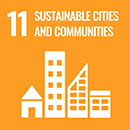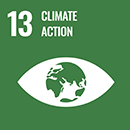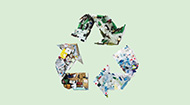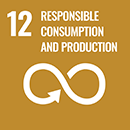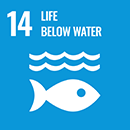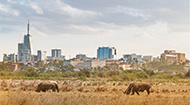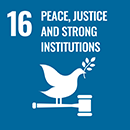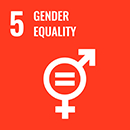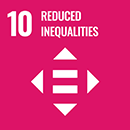Grow with developing countries, including those in Africa, and endeavor to solve social issues through business operations
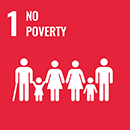
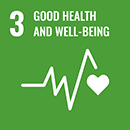
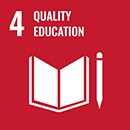
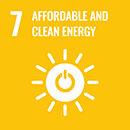
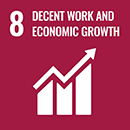
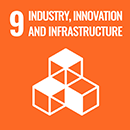
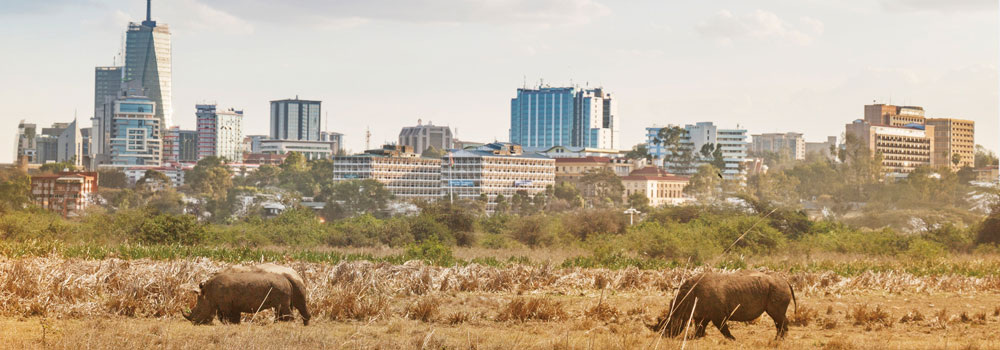
Toyota Tsusho undertakes local infrastructure development, industrial development, job creation, and other measures to solve social issues in developing countries in Africa and other regions through its automotive business and other business activities.
In Kenya, for example, we have been working as a strategic business partner of the country to support the realization of its national vision. Using this experience as a pilot model, we will promote the autonomy of the people who live there by developing basic infrastructure to improve living environments and providing opportunities for occupational training, while achieving the growth of Toyota Tsusho.
KPI
【Mobility】Number of unit sold of electrified vehicle in Africa
Path to achieving the target for CY2027
- Increase in electrified vehicle sales, mainly in South Africa
【Healthcare】Sales of Medical supplies in Africa
ended March 31, 2025
ending March 31, 2026
ending March 31, 2028
Path to achieving the the target for the fiscal year ending March 31, 2028
- Expansion of business domains by strengthening local production and retail businesses in addition to the pharmaceutical wholesale business
【Infrastructure】Renewable energy business in Africa
ended March 31, 2025
year ending March 31, 2026
year ending March 31, 2028
Path to achieving the target for the fiscal year ending March 31, 2028
- Acceleration of business development in Africa through the integration of renewable energy power generation businesses into Aeolus
【Job Creation】Number of employees in Africa
ended March 31, 2025
Analysis of changes
- Contribution to sustainable economic growth in Africa by working to increase local employment
- Participation through Aeolus in solar power generation in Tunisia and expansion of wind power generation in Egypt, contributing to green and sustainable economic development in the African region
- Establishment of a vehicle assembly plant in Cambodia and commencement of SKD* production; contribution to the development of the country’s economy and society and to human resource development through the promotion of the mobility industry
- Provision of last-mile solutions (vaccine transportation, X-ray vehicles), with delivery of more than 170 vaccine cold chain transport vehicles to over 20 developing countries
- Operation and management of SAKRA Hospital, a Japanese-style general hospital, to improve medical infrastructure in India, with a second hospital construction project underway
- Launch of sanitary napkin production and sales in Kenya, offering reliable quality at affordable prices, in collaboration with Unicharm Corporation
- *SKD: Abbreviation for semi-knocked-down. A vehicle assembly method in which the body is imported already welded and painted, and the main components are then assembled into the body and chassis.


